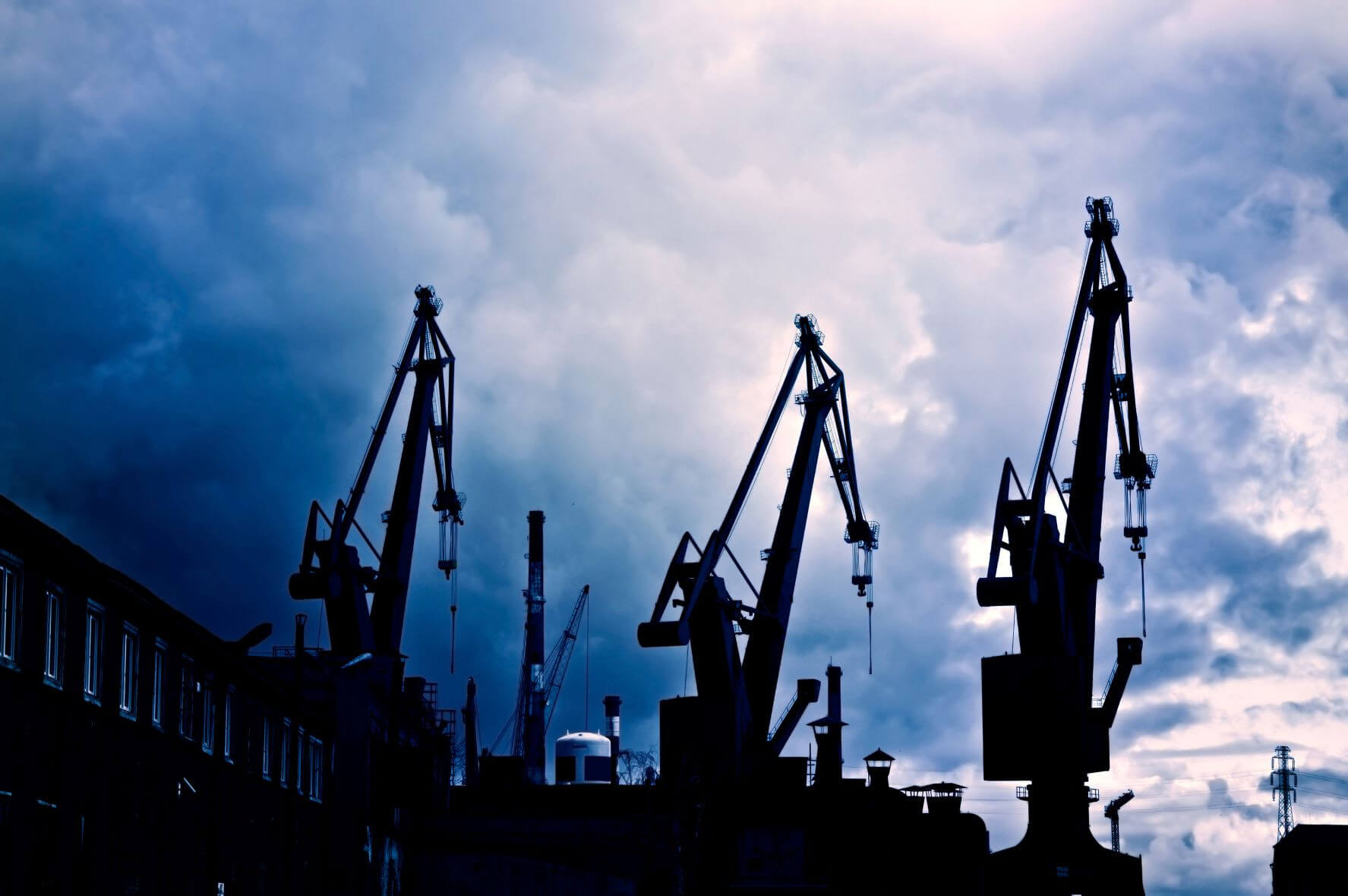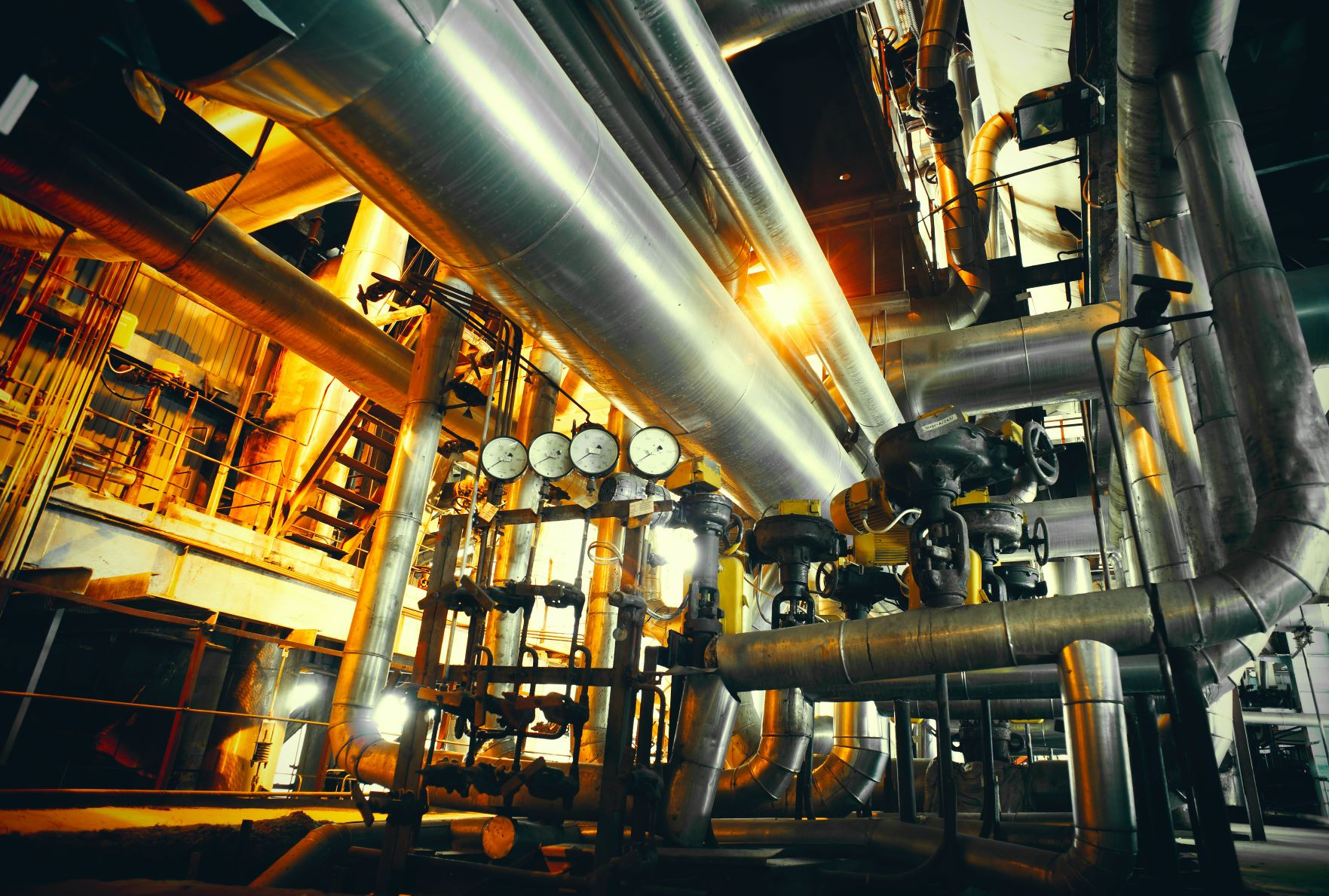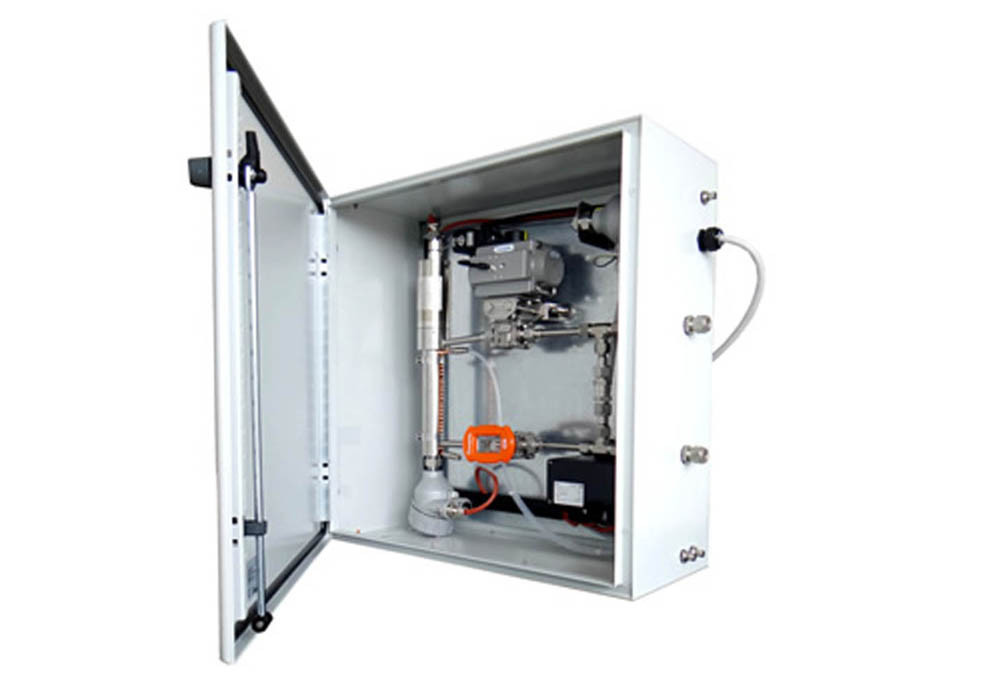Online measurements in refineries
A refinery is a factory or installation where a raw material or product is purified (often petroleum) or separated and processed into pure components / fractions. Examples of products are gasoline, gas, naphtha, propane, butane, fuel oil, lubricants, heavy fuel oil and sulfur.
When the petroleum arrives at the refinery, it is a mixture of substances. In order to make optimum use of the installations present in a refinery, oil with specific properties is required. In complex refineries, a mixture (so-called 'crude mix') is made for this purpose from oils that may come from oil fields all over the world. The more extensive the installations in a refinery, the more flexible it is possible to respond to a specific demand. In addition, people are less dependent on foreign oils.
The density of the type of petroleum determines whether it is a light, medium or heavy type of petroleum or crude. The viscosity, paraffin and sulfur content are also important for the way in which the production process should be set up precisely.
There are also other types of 'oil refineries', such as those for vegetable and animal oils, which are refined to make them suitable for consumption or to extract usable raw materials. The chemical and physical processes used are quite different from those used in the refining of petroleum. Below we only discuss the processing of petroleum and the (inline) instruments that are important in this regard.




